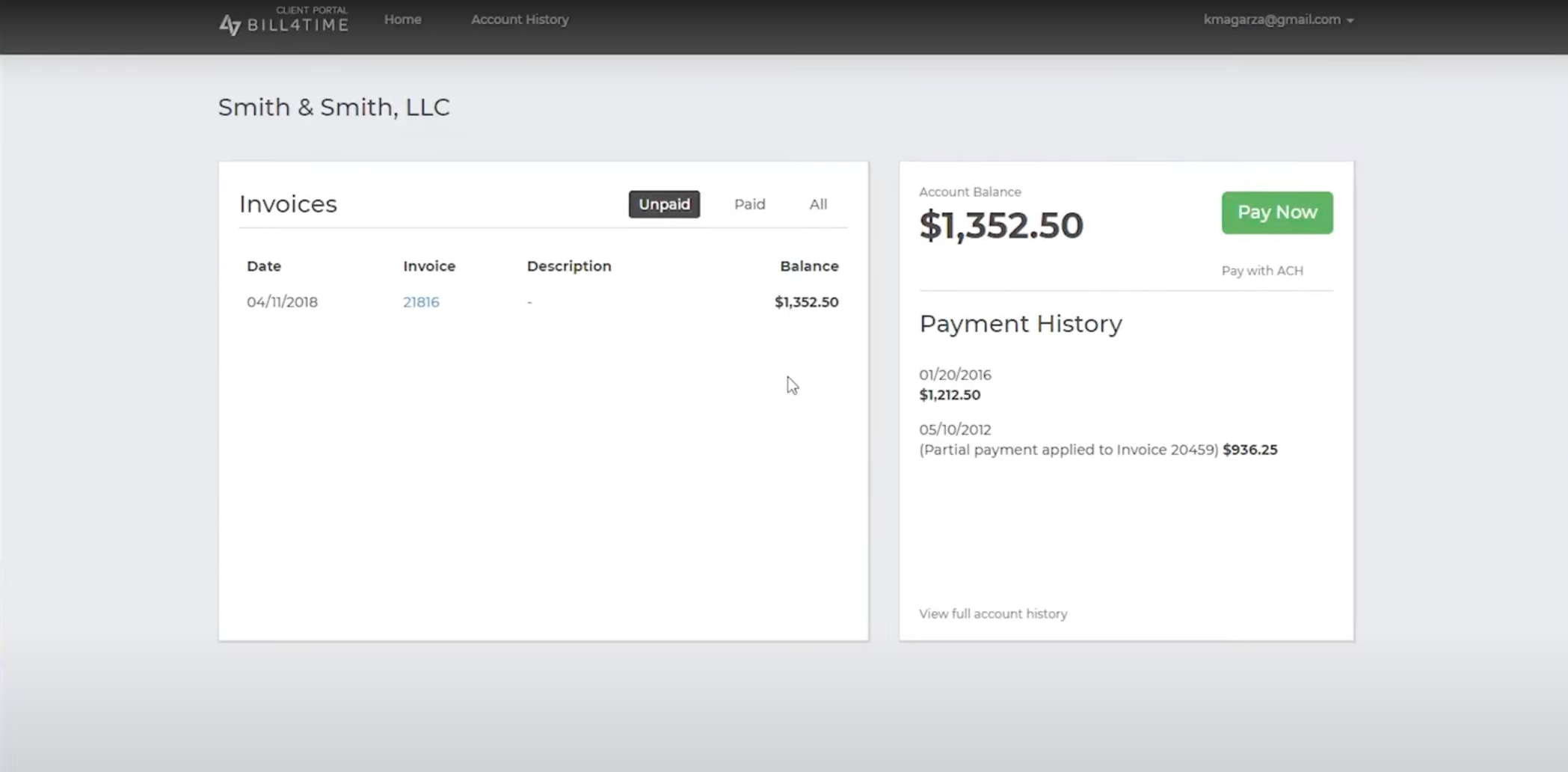Business development and growing your book are essential parts of being a lawyer if you want to be successful. However, the distribution of law firm origination credit can get blurry, leaving some lawyers feeling cheated out of their hard work.
When implemented correctly, law firm origination credit plans can play a role in retention at a law firm and boost profitability. Continue reading to learn best practices for creating healthy origination credit plan policies.
What Are Law Firm Origination Credit Plans?
Lawyers are responsible for growing their book business and are often given a specific number of clients they must bring to the firm per year. Law firm origination credit plans were designed to reward the attorney who brought on the new client. Typically, the originating lawyer will receive a percentage or set dollar amount per client they bring on.

Challenges with Origination Credit Plans at Law Firms
Getting credit for the work you do to bring on a new legal client seems fair, but what happens after they’re onboarded? The trouble many law firms find themselves in is that their origination credit plan stops at just that, origination.
In certain situations, the originating lawyer may bring the client to the firm but another lawyer will actually manage the case. Several issues can arise for law firms using this origination credit plan, including:
- Depleted collaboration due to non-originating attorneys working on the case and not being incentivized
- Loss of top talent who aren’t properly incentivized or recognized for their contributions
- Complacency as non-originating attorneys know they won’t be incentivized to work on an originating lawyer’s case
Not only does the approach to origination credit plans impact the firm internally, but it can also have negative effects on the quality of services clients receive.
Does My Firm Need an Origination Credit Plan?
While not mandatory, it’s uncommon for law firms to not have some origination policy or plan in place. Law firms wouldn’t be successful if they didn’t have a steady stream of loyal clients coming in.
Lawyers, especially those new to the legal profession, can spend hours researching and networking to build their book of business. Similar to a business development representative, lawyers should be incentivized for this work that contributes to the overall financial success of the firm.

Best Practices to Create an Effective Law Firm Origination Credit Plan
Law firm origination plans can be beneficial to law firms when implemented properly. As mentioned above, the challenge with most origination credit plans is that they only credit the originating attorney and don’t account for attorneys who work on the client’s case.
To combat this, law firms should create clear guidelines about their origination credit policies that account for all use cases. Law firm origination credit plans should be broken into:
- General policies that are applicable in a wide variety of scenarios, practice groups
- Specific policies that are applicable in a specific set of highly defined scenarios, practice groups
Here’s a short list of general policies you can use to create an effective origination plan:
- Award/prioritize credit to employees who add value to the client/firm relationship
- The attorney (or employee) receiving origination credit should be obligated to maintain (personal/professional) contact with the client or attorney handling a client’s matter
- Outline the terms and conditions for sharing origination credit with other attorneys or employees in the firm
- Allocate origination credits by matter for greater accuracy
- Set clear metrics outlining what will be measured and rewarded
- Outline the destination for origination credit when the originating attorney leaves the firm
- Set clear requirements for exigent circumstances and extended absences
- Make sure origination credits work with your compensation models
- Create an origination plan that supports your firm culture and values
- Use simple, objective, and hard rules
Your origination plan should drive your firm’s goals and ultimately align with your values. This isn’t simply about compensation — it’s about incentivizing your team to work together.
Importance of Origination Credit Plans
Your attorneys and staff are eager and willing to achieve your firm’s goals when properly recognized. This not only helps with firm internal retention, but it produces more clients that will keep coming back for all-star services.









